Table of Contents
- Introduction
- The Importance of a Healthy Lifestyle for Skin
- Hydration: The Key to Radiant Skin
- Nourishing Foods for a Glowing Complexion
- The Impact of Stress on Skin Health
- Quality Sleep for Beautiful Skin
- The Role of Exercise in Skin Health
- Skincare Routine and its Connection to Lifestyle
- Avoiding Harmful Habits for Skin
- Environmental Factors and Skin Wellness
- Conclusion
- FAQs
Introduction
Achieving healthy, glowing skin is a desire shared by many. While skincare products play a significant role, it is important to recognize the link between lifestyle choices and complexion. The choices we make in our everyday lives, such as our diet, hydration, stress levels, sleep quality, and exercise, all have a profound impact on the health and appearance of our skin. In this article, we will explore the connection between lifestyle choices and skin health, providing valuable insights to help you achieve and maintain a radiant complexion.
The Importance of a Healthy Lifestyle for Skin
A healthy lifestyle forms the foundation for beautiful skin. When we prioritize our overall well-being, our skin benefits as a result. A balanced diet, proper hydration, stress management, quality sleep, and regular exercise collectively contribute to skin health. By embracing these lifestyle choices, we pave the way for a glowing complexion from within.
Hydration: The Key to Radiant Skin
Proper hydration is essential for maintaining healthy skin. When our bodies are adequately hydrated, our skin appears plump, supple, and youthful. Water helps flush out toxins, improves circulation, and promotes the delivery of essential nutrients to the skin cells. Aim to drink at least 8 glasses of water per day and incorporate hydrating foods such as fruits and vegetables into your diet.
Nourishing Foods for a Glowing Complexion
What we eat directly affects our skin’s appearance. Opting for a diet rich in fruits, vegetables, whole grains, lean proteins, and healthy fats provides our bodies with the necessary nutrients for skin health. Vitamins A, C, and E, along with antioxidants, help protect against free radicals and promote collagen production, leading to a radiant complexion. Incorporate foods like berries, leafy greens, nuts, and fatty fish into your meals for glowing skin.
The Impact of Stress on Skin Health
Stress can wreak havoc on our skin, leading to breakouts, dullness, and premature aging. When we experience stress, our bodies release cortisol, a hormone that triggers inflammation and disrupts the skin’s natural balance. Practicing stress management techniques such as meditation, yoga, and deep breathing exercises can help reduce stress levels and promote skin wellness.
Quality Sleep for Beautiful Skin
Getting sufficient quality sleep is essential for healthy skin. During sleep, our bodies undergo repair and rejuvenation processes, including the restoration of skin cells. Lack of sleep can contribute to under-eye circles, fine lines, and a lackluster complexion. Aim for 7-8 hours of uninterrupted sleep each night to allow your skin to regenerate and restore its natural radiance.
The Role of Exercise in Skin Health
Regular exercise not only benefits our overall well-being but also has a positive impact on our skin. When we engage in physical activity, our blood circulation increases, delivering oxygen and nutrients to the skin cells. Exercise also promotes the production of collagen, which helps maintain skin elasticity and firmness.
The Importance of a Healthy Lifestyle for Skin
A healthy lifestyle forms the foundation for vibrant skin. Making conscious choices in various aspects of our lives can significantly enhance our skin’s appearance and overall health.
- Balanced Diet: A well-balanced diet rich in vitamins, minerals, and antioxidants is crucial for nourishing the skin. Incorporating fruits, vegetables, whole grains, and lean proteins into our meals can provide essential nutrients that promote skin health.
- Hydration: Staying adequately hydrated is vital for maintaining healthy skin. Drinking an appropriate amount of water daily helps to flush out toxins, improve circulation, and keep the skin supple and moisturized.
- Regular Exercise: Engaging in regular physical activity improves blood flow, promotes detoxification, and reduces stress levels. Exercise also helps deliver oxygen and nutrients to the skin, giving it a healthy glow.
The Impact of Stress on Skin Health
Stress has a significant impact on our overall well-being, including our skin. High stress levels can disrupt the balance of hormones in the body, leading to various skin issues such as acne, eczema, and psoriasis. It is essential to manage stress through relaxation techniques, exercise, and adequate rest to promote healthy skin.
Sleep and Skin Quality
Adequate sleep is essential for rejuvenating the body and maintaining healthy skin. During sleep, the body repairs and regenerates cells, including skin cells. Lack of sleep can lead to dull, tired-looking skin, dark circles, and an increased likelihood of skin conditions. Aim for 7-8 hours of quality sleep each night to support optimal skin health.
The Role of Smoking and Alcohol in Skin Damage
Smoking and excessive alcohol consumption are detrimental to skin health. Smoking accelerates the aging process by depleting the skin of oxygen and essential nutrients, resulting in premature wrinkles and a dull complexion. Similarly, alcohol dehydrates the skin, leading to dryness, inflammation, and an increased risk of skin conditions. Quitting smoking and moderating alcohol intake can significantly improve skin quality.
Sun Exposure and Skin Protection
Excessive sun exposure can cause long-term damage to the skin, including sunburn, premature aging, and an increased risk of skin cancer. It is crucial to protect the skin from harmful UV rays by wearing sunscreen, seeking shade during peak sun hours, and wearing protective clothing. Incorporating sun protection into our daily skincare routine is essential for maintaining a youthful complexion.
The Benefits of a Skincare Routine
Establishing a consistent skincare routine is a valuable investment in the health and appearance of our skin. A well-rounded routine includes essential steps that contribute to overall skin wellness.
- Cleansing and Moisturizing: Cleansing the skin removes impurities, while moisturizing helps maintain hydration and prevent dryness. Choose gentle cleansers suitable for your skin type and follow up with a moisturizer to keep the skin nourished.
- Exfoliation and Sunscreen: Regular exfoliation helps remove dead skin cells, promoting a smoother complexion. Additionally, applying sunscreen daily protects the skin from harmful UV rays and reduces the risk of sun damage.
- Importance of Professional Guidance: Consulting with a dermatologist or skincare professional can provide valuable insights tailored to your specific skin needs. They can recommend suitable products, treatments, and lifestyle adjustments to enhance your skin health.
The Connection Between Gut Health and Skin
Emerging research suggests that the health of our gut microbiome directly influences our skin’s condition. A balanced gut microbiome supports proper digestion and nutrient absorption, reducing inflammation and promoting a clear complexion. Incorporating probiotic-rich foods like yogurt, kefir, and sauerkraut into our diet can support a healthy gut-skin axis.
Hormones and Skin Conditions
Hormonal fluctuations can contribute to various skin conditions, such as acne and melasma. Understanding the role of hormones in skin health can help identify triggers and develop targeted strategies for managing hormonal-related skin issues. Maintaining hormonal balance through a healthy lifestyle, adequate sleep, and stress management can positively impact the skin.
Environmental Factors and Skin Sensitivity
Environmental factors, such as pollution and harsh weather conditions, can affect skin sensitivity and overall complexion. Taking steps to protect the skin, such as using antioxidant-rich skincare products and avoiding prolonged exposure to pollutants, can help minimize the negative impact of the environment on the skin.
Conclusion
Achieving healthy skin goes beyond external skincare products. By making conscious lifestyle choices, including maintaining a balanced diet, managing stress, prioritizing sleep, and protecting the skin from harmful factors, we can unlock the true potential of our complexion. Remember, healthy skin starts from within, and with consistent effort, you can achieve a vibrant and radiant glow that reflects your overall well-being.

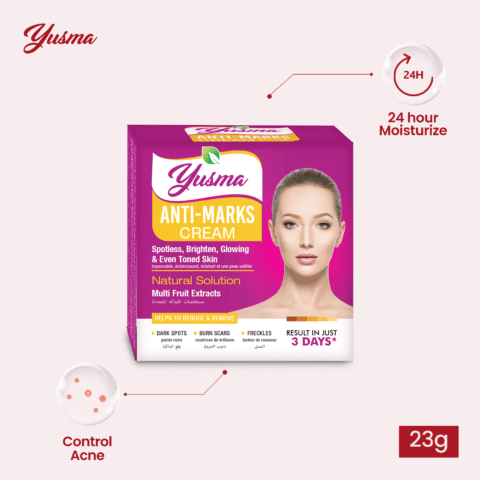
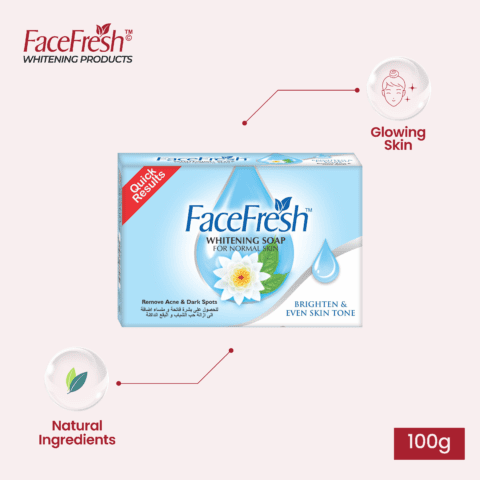
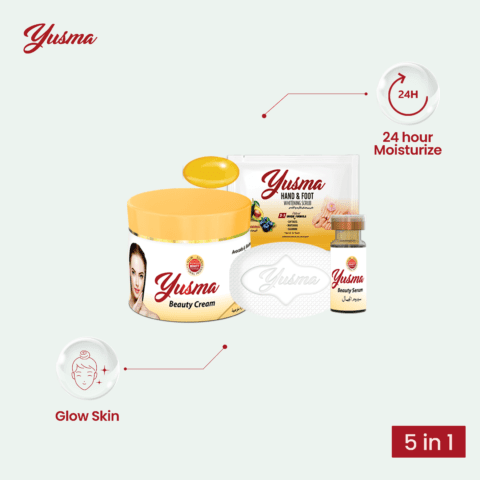

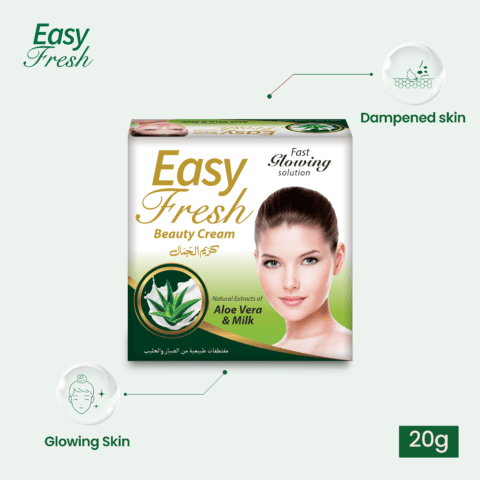
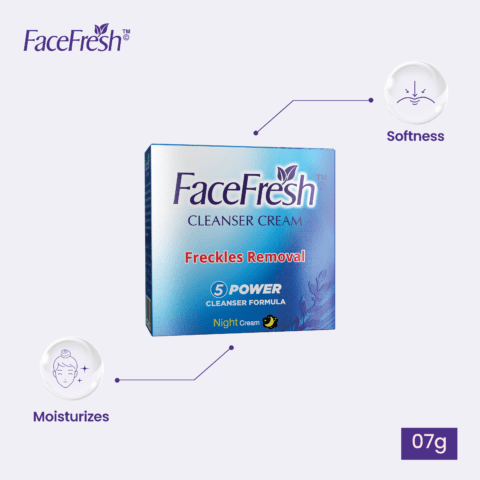
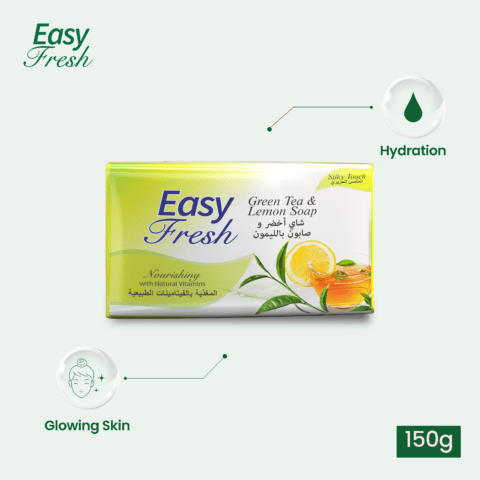
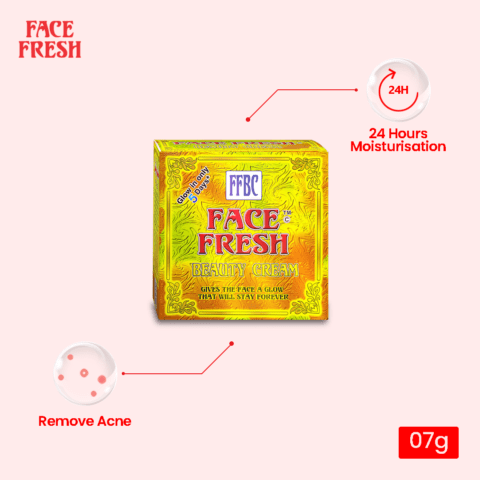
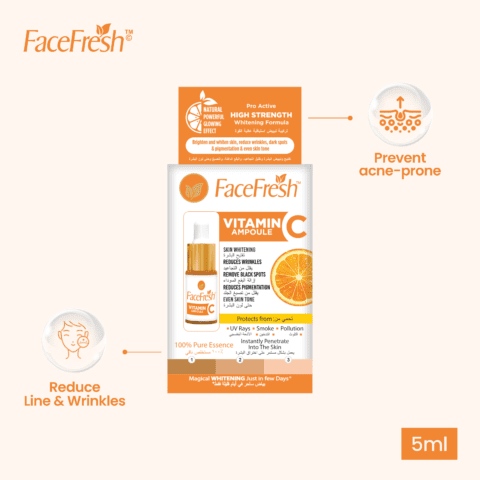
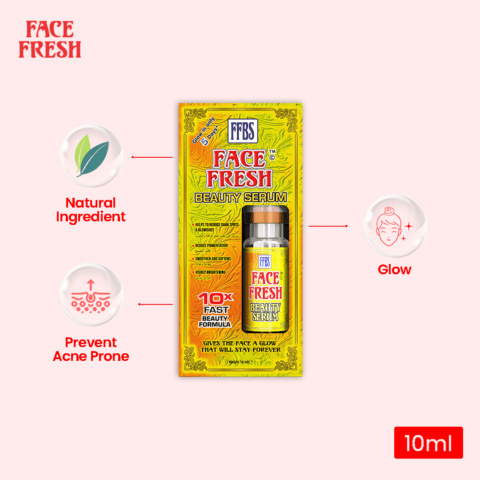
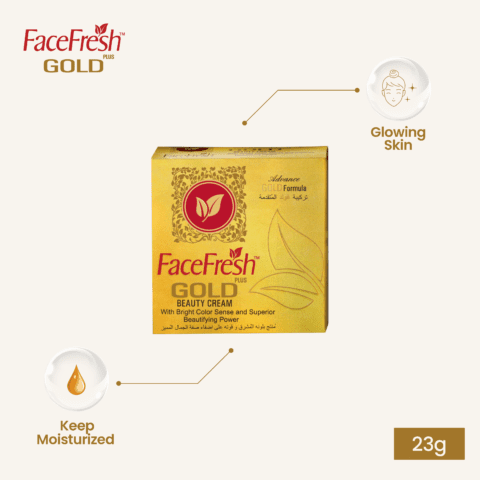
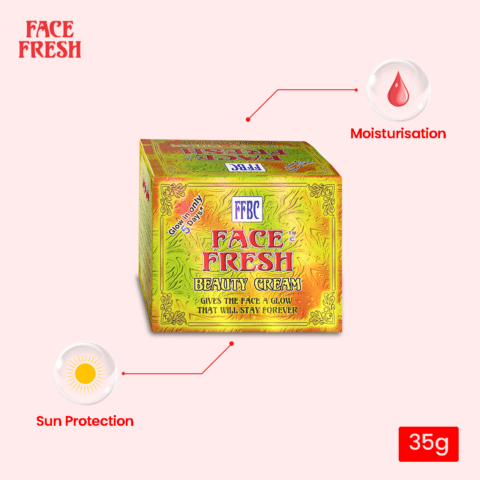
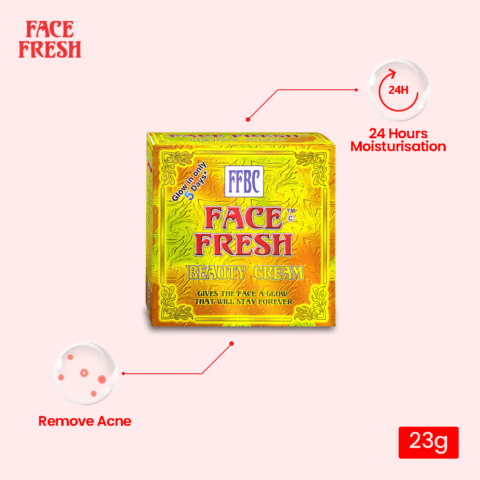
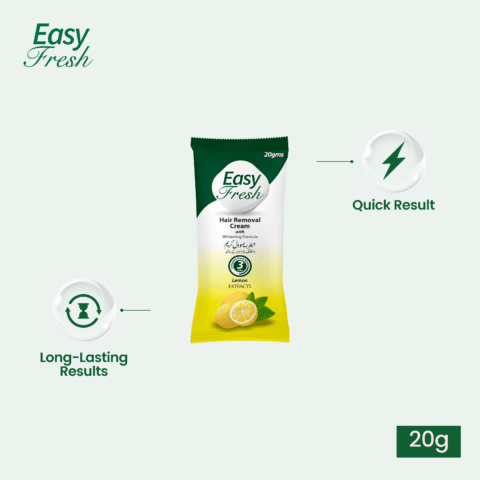
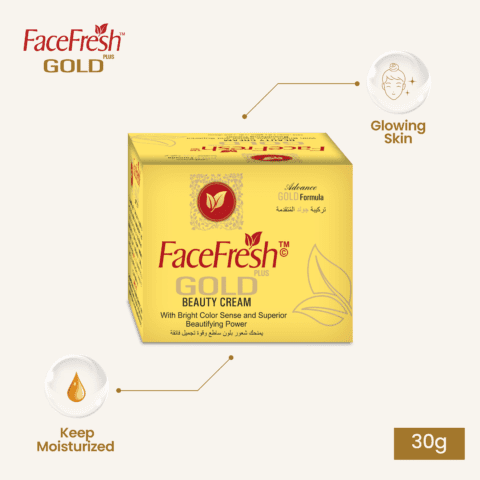
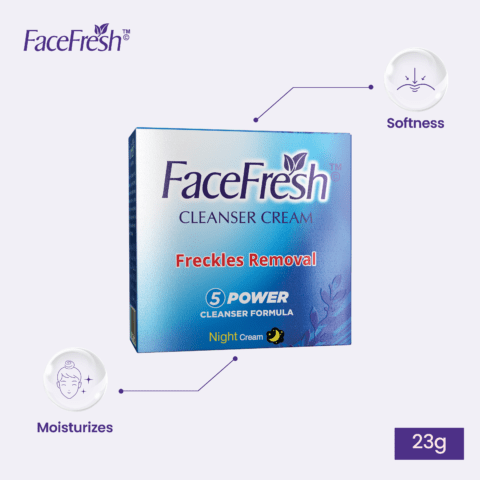
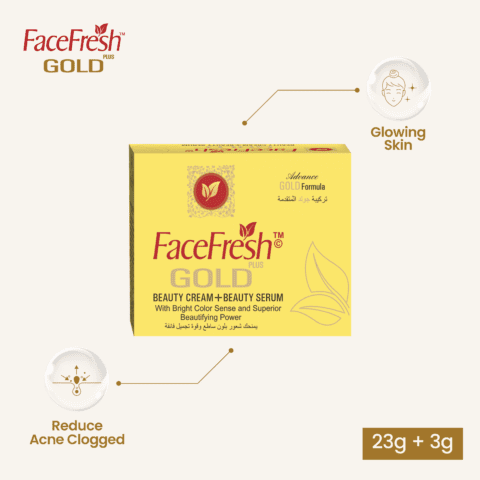
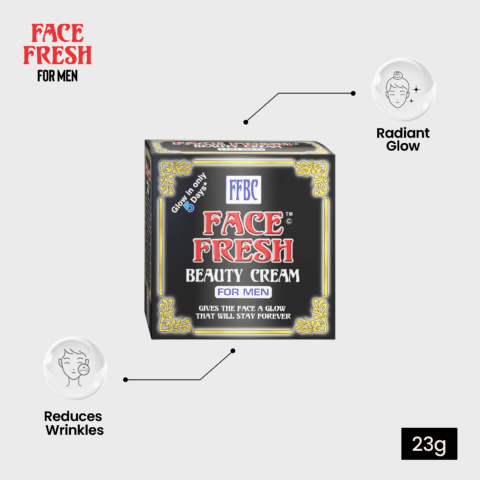

Leave a comment
Your email address will not be published. Required fields are marked *